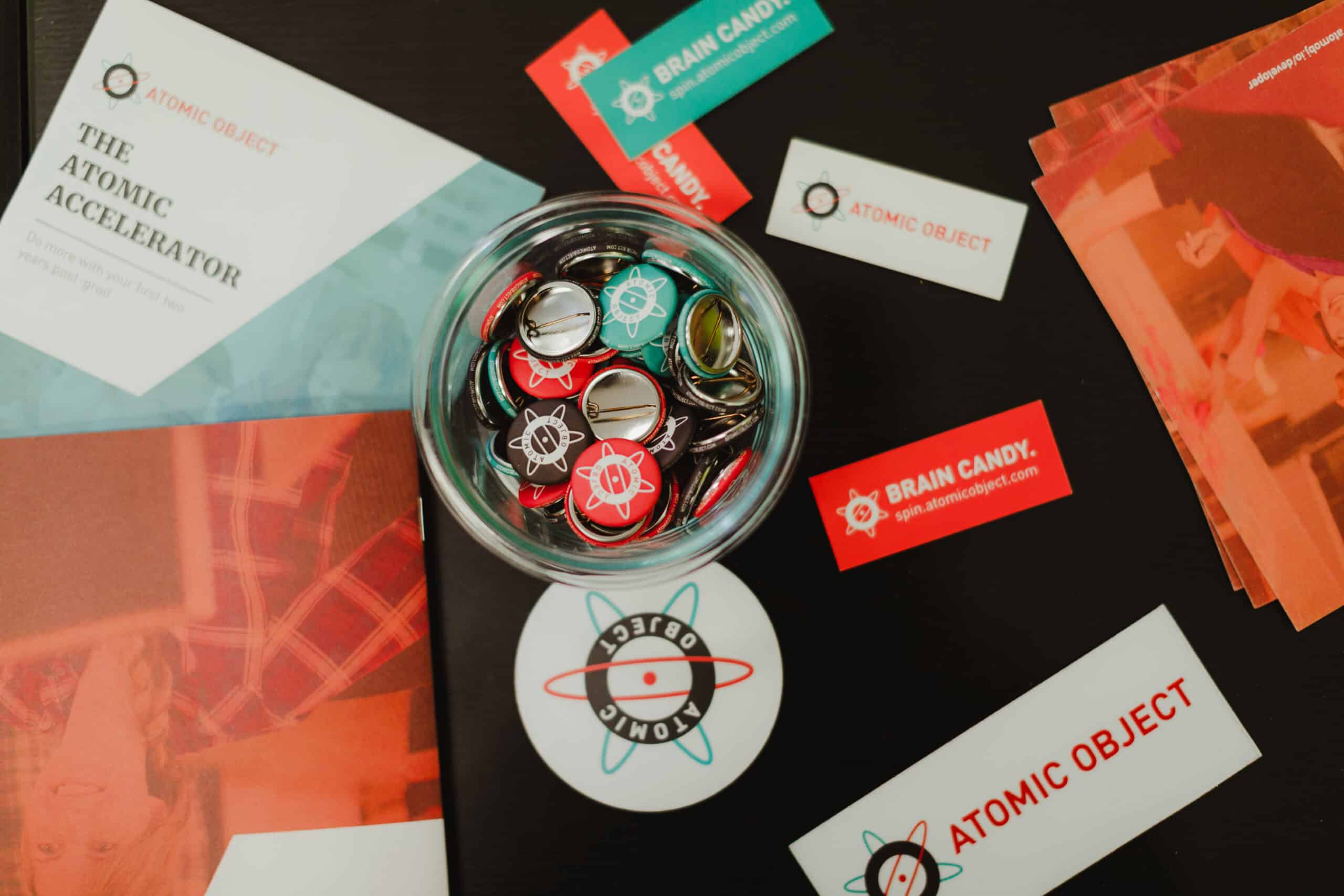Recently, I participated in the first-ever techni/color/ conference in Grand Rapids. The experience opened my eyes to the difficulties of breaking into the tech world for those who’ve never had a clear path. In the end, I had one question: How can we build early career programs that accommodate more than just college students?
Reasons People Lack Technical Experience
Current students, recent graduates, career hoppers, and nontraditional learners are all looking to break into tech. The candidate pool is expanding before our eyes. Because of this growing diversity, we need to understand why incoming candidates may not have the technical background you expect.
Switching Careers
We can all understand that not everyone is content with their current job or career situation. Maybe a newfound passion or itch to grow professionally is pushing a candidate towards a new career.
Atypical Career Paths
Higher education is expensive. As a result, there are a number of bright thinkers who take different paths. We’re in an era of digital learning. Opportunities to develop and hone technical abilities are abundant.
Access Barriers & Biases
This reason has the most historical context. A candidate’s educational upbringing could’ve been limited by a lack of resources, guidance, or exposure to technology. I found the book “Stuck in the Shallow End” to be an insightful read on this concept.
Establishing an Inclusive Identity
Early Career Programs are often tailored toward current college students and recent graduates. Rarely do organizers craft them in a way that supports people coming from different backgrounds.
This essentially creates an access barrier, one that leads to major talent loss in the candidate pool. Are you limiting the growth of your employees (and your company) by reducing their exposure to diversity at work?
Do you want to understand your program and how it can grow to support a more diverse cast of critical thinkers and problem solvers? Then ask yourself the following questions.
- What’s our program’s mission?
- What kinds of people will we invest in?
- What types of candidates do we tend to attract?
- Which candidates are being overlooked or forgotten? For what reasons?
Constantly reflecting on these questions will identify what kinds of people are best suited to join your programs. It might also expand your ideas about who may fit that description.
Building Programs that Fuel Longtime Learning
Truthfully, I can’t say I have the blueprint for perfect early career programs. If there was a right way, everyone would subscribe to it. But that’s awesome for one specific reason: You get to be creative.
I’ll leave you with my own creative lens. Below are my points of emphasis for building inclusive, inspiring, and productive early career programs.
Let purpose guide recruiting.
- Intern doesn’t have to mean college student.
- An intern’s purpose is to learn and gain practical experience.
- Set goals and milestones to help measure this progression.
Provide ample opportunity for collaboration & mentorship.
- Let candidates learn from others who get it.
- Create opportunities for practical skill building and collaborative retrospection.
Prioritize potential > current ability.
*Within reason, of course.
- Hiring for early career positions is different than for senior positions — treat it that way.
- Most technical skills can be taught. Personality, curiosity, and drive can’t.
Always be gracious.
- People always remember how you treat them.
- Leave a good impression. Represent both the company and yourself well.
- Give honest feedback and guidance toward growth.
Rethinking Early Career Programs
It’s time to widen your lens! Get creative and start crafting a beautiful, inclusive early career experience. You might change someone’s life.

